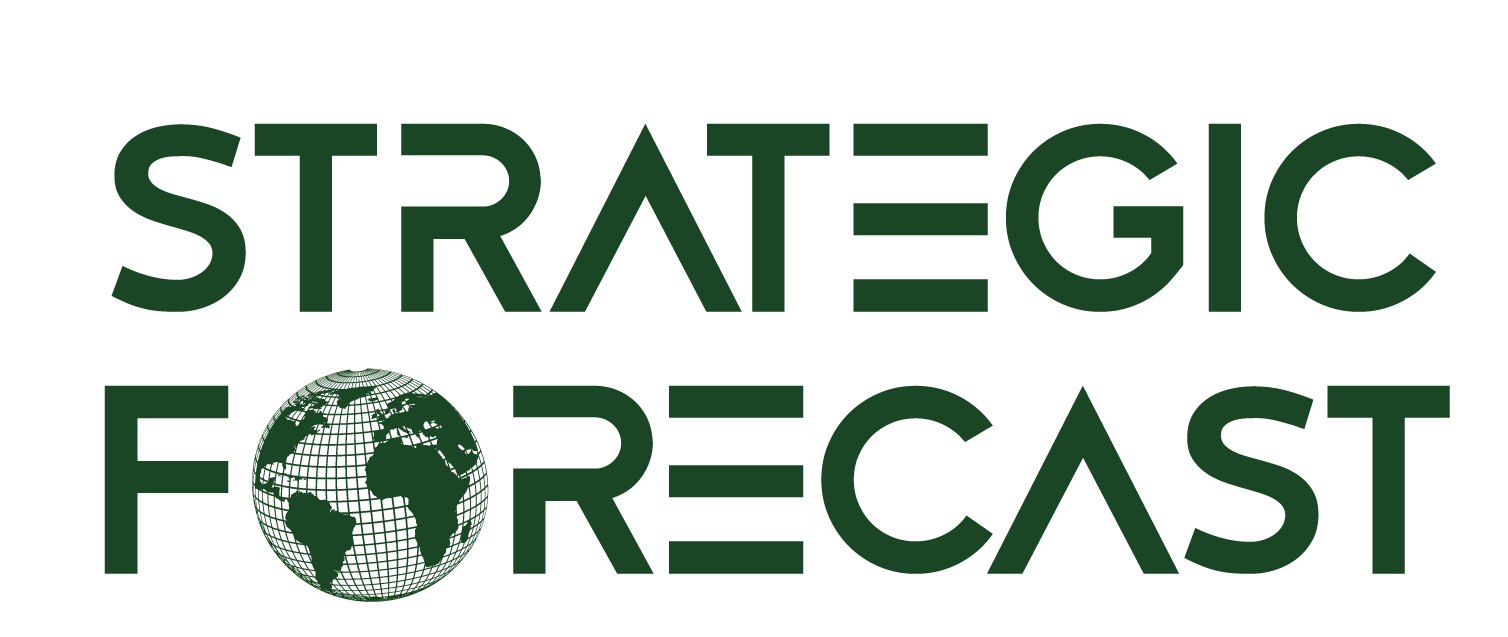‘It was the best of times, it was the worst of times’ the phrase coming from Charles Dickens famous novel, ‘the tale of two cities,’ well reflects the reality of the era we are witnessing. Economic crisis, bloody wars, and the incessant conflict between transnationalism and populism all have become the hallmark of the current era. This represents a new challenge to policy makers and development practitioners to devise new ways and methods to tackle these issues. The cascading crisis has translated into unemployment, inflation, and increasing gap between the rich and the poor, to mention a few, both in developing and developed countries. In some instances, the brain drain from developing countries has transformed into a brain gain, with those migrating in search of better job opportunities and lifestyle from developing countries returning back. This trend is coupled with tightening of visa regimes in Western countries, due to the rise of populist parties and governments forcing people to return to their countries who were living there for long time.
Meanwhile the looming threat of climate change and global warming remain on the large with more and more weather related incidents becoming recurrent, with an increasing proportion. The development models and theories studied thirty years ago don’t make much sense in this time, therefore there is a need to refine those models incorporating the current challenges and problems. The development models of the West failed in terms of their outcomes as they were primarily formulated in the think tanks and policy institutes based in the developed countries, with little or no understanding of the issues faced by the developing countries. For example, in the case of Lesotho it was labelled as a ‘traditional peasant society’ in World Bank documents, requiring a lot of ‘development aid’ which in turn resulted in strengthening and expanding the field of the bureaucratic state in people’s lives. This is not only the case of Lesotho, but many developing countries in Asia and Africa which shared the same fate due the policies of the international financial institutions.
There is no magic formula or theory which can help relieving the development problems being faced currently by the plant. However, there are some small steps and initiatives which can be adopted by the world governments to tackle these issues. Firstly, ‘smart growth’ needs to be promoted through adopting sustainable approaches like proper land use and aligning economies with sustainable economic practices; the production and consumption practices adopted by all states need to be environmentally friendly. Secondly social policies formulated should tend to promote tolerance, social cohesion and justice, the first pillar of the development of healthy society. The education system also needs to be overhauled globally, introducing concepts like sustainable development; moreover, the education system needs to take into account the new technologies as AI and other such courses which can enable students to become entrepreneurs and launch their own projects to generate employment. This will not only tackle the issues of unemployment but also help boost the socio-economic activity in the society thus giving a positive output. The education institutes should also be provided the resources to invest in research projects related to education, agriculture, physical development planning and land use, information and communication, technology and health systems. In addition, whilst promoting the sustainable development agenda, the UN should acknowledge and consider national capacities and respect national policies and priorities.
Author: Muhammad Waqar Anwar is affiliated with the Institute of Development Studies at Massey University New Zealand

